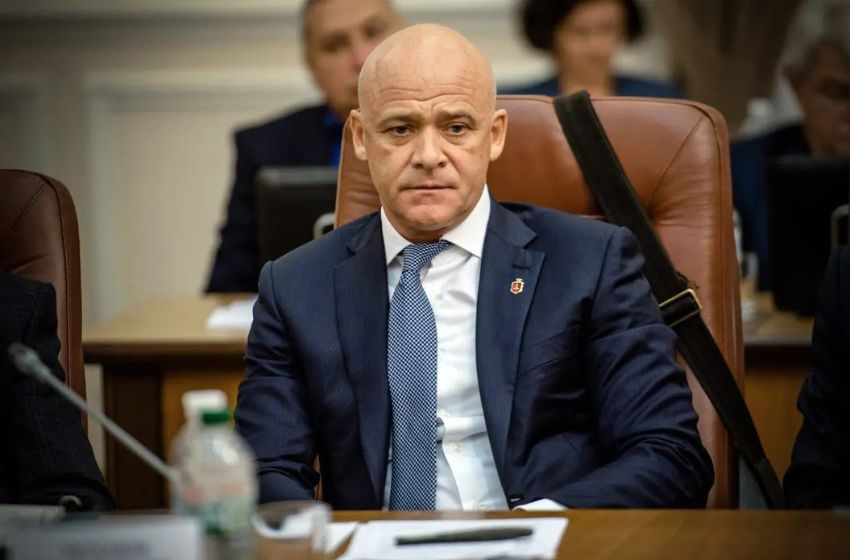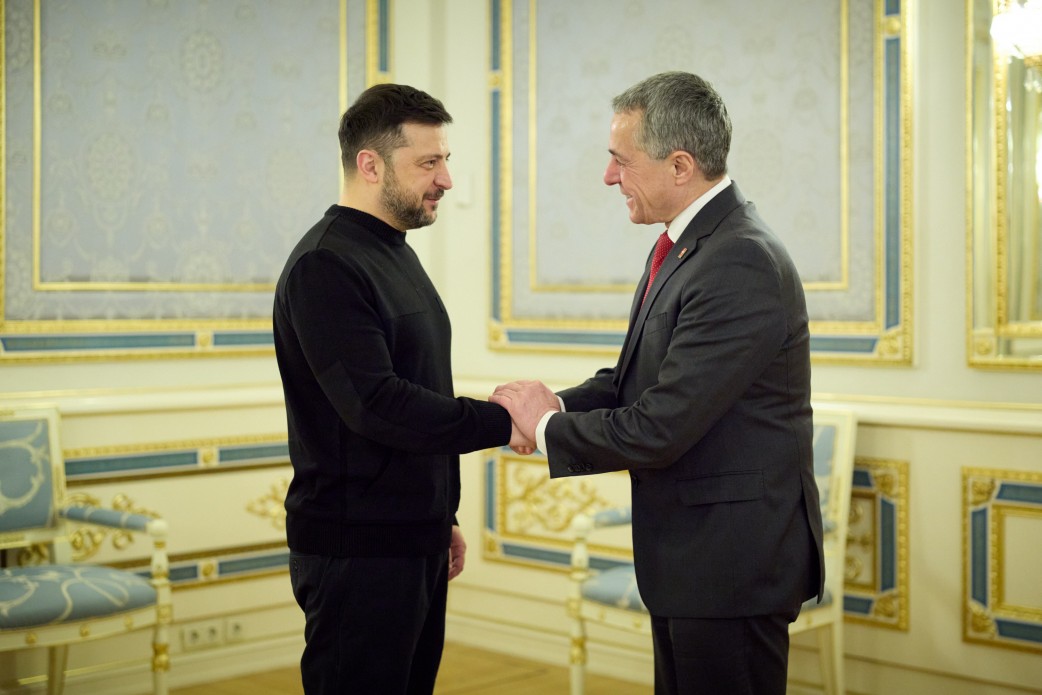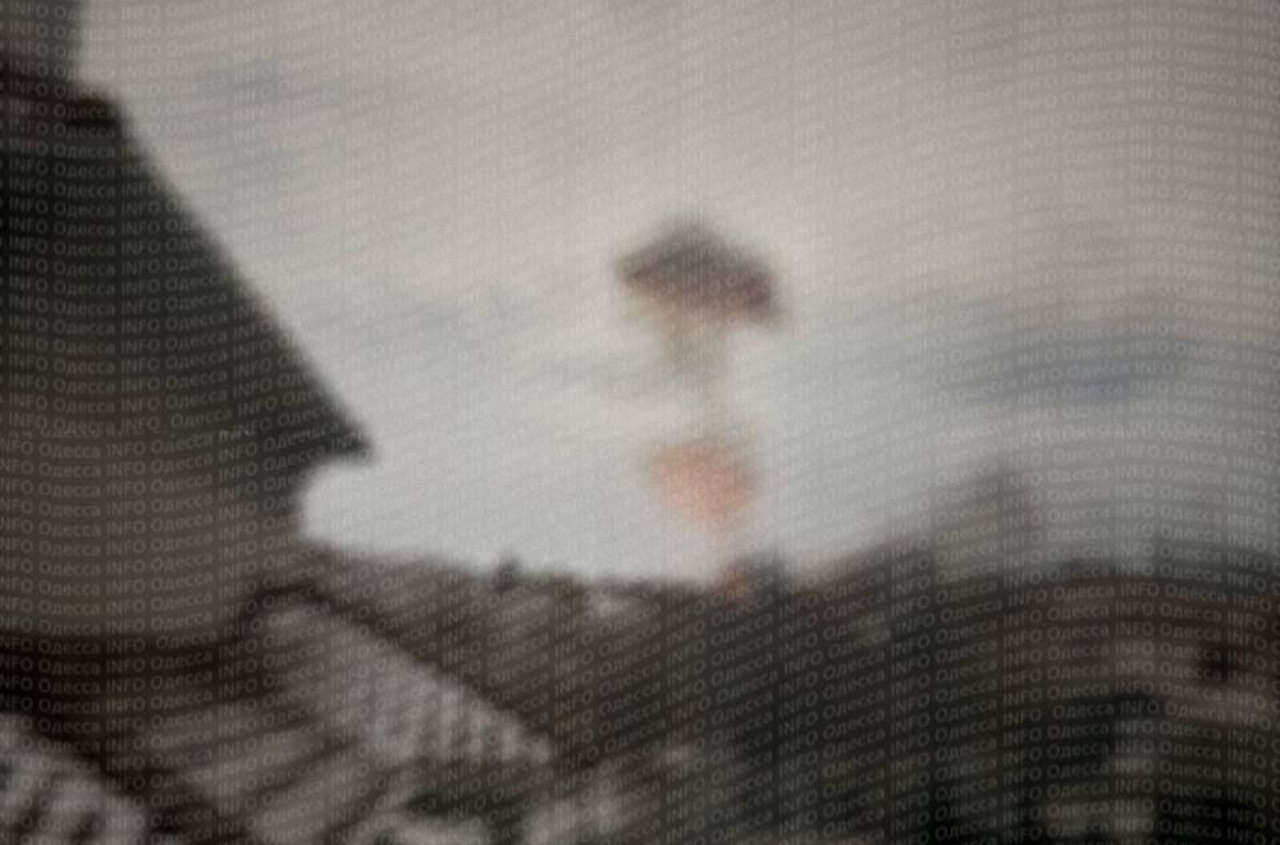On 14 October, President Zelensky stripped Trukhanov of his Ukrainian citizenship after years of reports alleging that he held Russian nationality. Rumours about Trukhanov’s Russian passport had circulated since 2014.
Despite these accusations, Ukraine’s electoral commissions had repeatedly approved his candidacy for local elections — which he went on to win twice. The Security Service of Ukraine (SBU) had also previously stated that it found no evidence of his Russian citizenship.
Zelensky declared that “the presence of Russian citizenship has been confirmed for certain individuals. The decree has been signed.” However, he did not mention the Odessa mayor by name. The decree also includes dancer Sergey Polunin and former Ukrainian politician Oleg Tsaryov, both now living in Russia and publicly supportive of the Russian invasion of Ukraine.
Now 60, Trukhanov began his political career with pro-Russian leanings and has long been considered a political rival of President Zelensky.
The case of Trukhanov is particularly striking, as it effectively expels him from office. The mayor has announced his intention to challenge the decision in court, but he no longer meets the legal requirements to remain in his post. There is a historical precedent: in 1998, President Leonid Kuchma dismissed Mayor Eduard Gurvits following a long-standing political conflict — and that occurred in peacetime.
In 2018, the Organized Crime and Corruption Reporting Project (OCCRP) published copies of Trukhanov’s alleged Russian passport and offshore documents, showing that he was registered as a resident of Sergiev Posad in the Moscow region.
After repeatedly denying the existence of a Russian passport, Trukhanov managed to have it annulled by a Russian court in 2017 on the grounds of procedural irregularities.
His removal has been further facilitated by the recent scandal surrounding the flooding of several districts in Odessa following torrential rain, which caused ten deaths. The mayor was immediately blamed for poor maintenance of the city’s drainage system.
On 13 October, an online petition was launched calling on Zelensky to revoke Trukhanov’s citizenship, arguing that his situation “raises concerns for national security and undermines public trust in local leadership.” The petition quickly reached the required 25,000 signatures within hours, compelling the president to respond.
Just hours before signing the decree, Zelensky instructed Commander-in-Chief Oleksandr Syrskyi and Odessa Regional Governor Oleg Kiper to consider this option in response to the public petition.
Furthermore, for several days now, demonstrations by military officials demanding the removal of the Mayor have been taking place in front of the Odessa City Council building.
In 2018, Trukhanov was accused of embezzling 92 million UAH (2.2 million USD) in connection with the purchase of the Krajan factory building for municipal offices at an inflated price.
He was acquitted by an Odessa court in 2019, despite allegations of political pressure on the judges. The Court of Appeal overturned the verdict and reopened the case in 2021. Trukhanov was arrested twice before being released on bail.
From a legal standpoint, the situation is highly controversial. The Ukrainian Constitution prohibits dual citizenship but also guarantees that no Ukrainian citizen may be deprived of their nationality.
At the same time, it grants the president the authority to confer or revoke citizenship. Under martial law, the president also has the power to establish a military administration at the municipal level.
According to Ukrainian law, the loss or revocation of citizenship constitutes grounds for removal from office, including elected positions such as that of mayor.
In such cases, the duties of mayor are transferred to the City Council Secretary General, currently Igor Koval, a representative of Zelensky’s Servant of the People party. However, Koval’s interim appointment as acting mayor is likely to be temporary — lasting only until the Office of the President officially appoints a new head of city administration.
This marks the beginning of a period of great political uncertainty for the strategic Black Sea port city. As a result, the entire network of power and influence built over more than ten years under Trukhanov will now have to answer to a leader who does not represent the city’s political establishment. This could jeopardise numerous ongoing projects with international partners in both humanitarian aid and economic development sectors.





















